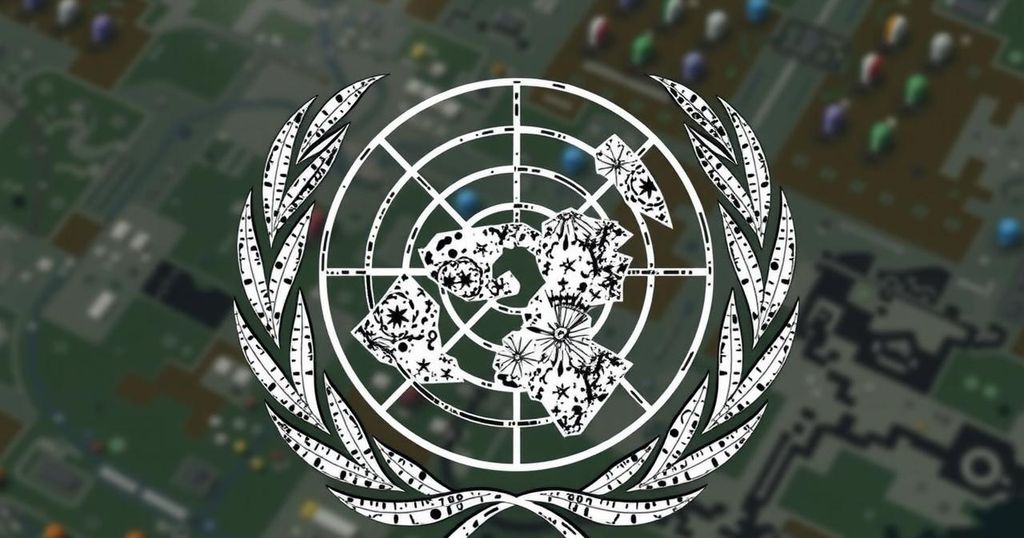World news
AFP, AFRICA, BRITAIN, CEASEFIRE, CONFLICT, CONFLICT RESOLUTION, DAVID LAMMY, DMITRY POLYANSKIY, ENERGY INFRASTRUCTURE, LAM, LAMMY, MOHAMED HAMDAN DAGLO, NORTH AMERICA, RAPID SUPPORT FORCES, RSF, RUSSIA-UKRAINE WAR, SECURITY COUNCIL, SIERRA LEONE, SUDAN, UN, UN SECURITY COUNCIL, UNITED NATIONS, UNITED STATES, US, WAR
Lena Nguyen
0 Comments
Russia Vetoes UN Resolution for Ceasefire in Sudan
On November 18, 2024, Russia vetoed a UN Security Council resolution to halt hostilities in Sudan, amidst ongoing conflict between rival generals. British officials criticized Russia’s actions as a major obstruction to collective international efforts. The humanitarian situation in Sudan is dire, with millions displaced and significant food shortages affecting the population, emphasizing the urgent need for resolution amid international political tensions.
On November 18, 2024, Russia exercised its veto power at the United Nations Security Council, blocking a resolution aimed at ceasing hostilities in Sudan, where conflict between rival military factions has persisted since April 2023. The resolution, drafted by British and Sierra Leonean representatives, called for an immediate end to violence and the initiation of a national ceasefire dialogue. British Foreign Secretary David Lammy condemned the Russian decision, labeling it a “disgrace” and highlighting Russia’s role as a significant impediment to unified council action. Tensions within the Security Council have been exacerbated by geopolitical divisions, especially between the United States and Russia, limiting the council’s effectiveness in addressing international conflicts from Ukraine to Gaza. Concurrently, the United States recently authorized Ukraine to utilize long-range missiles, further straining relations with Russia. The conflict in Sudan, which has resulted in the deaths of tens of thousands and the displacement of over 11 million individuals, illustrates the urgent need for humanitarian intervention. The proposed resolution aimed to prevent external interference and ensure compliance with arms embargoes. Furthermore, it sought assurances for civilian protection and humanitarian access, amidst continued fighting that has inflicted severe hardship on civilians—an estimated 26 million are facing acute food shortages.
The conflict in Sudan has emerged as a severe humanitarian crisis, primarily driven by a power struggle between General Abdel Fattah Al Burhan’s regular army and the paramilitary Rapid Support Forces led by General Mohamed Hamdan Daglo. The ongoing violence has led to heavy civilian casualties and mass displacements, with millions fleeing the country. In this context, the need for international intervention through mechanisms such as the United Nations has become critical, yet geopolitical conflicts, particularly involving permanent members like Russia and the United States, have hindered decisive action.
The veto by Russia against the UN resolution underscores the complexities of international diplomacy in the face of severe humanitarian crises. The persistent conflict in Sudan continues to pose significant challenges, highlighting the necessity for cohesive international efforts towards peace and stability. As geopolitical frictions influence the UN’s ability to act, the plight of the Sudanese people remains precarious, requiring heightened attention from the global community.
Original Source: www.jordantimes.com




Post Comment